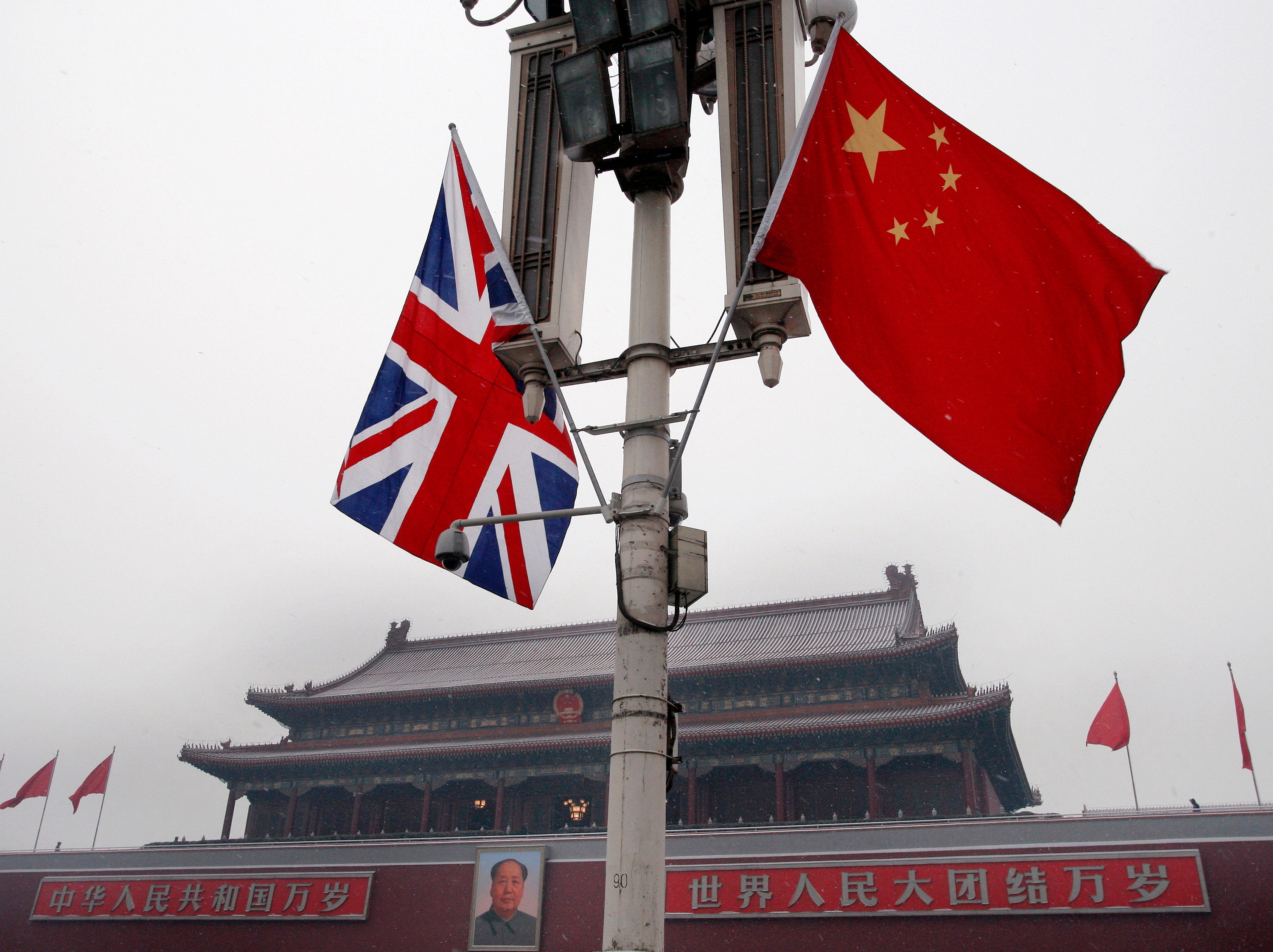China confirms the 2022 conviction of a British businessperson on espionage charges
Beijing has confirmed that a longtime British businessperson in China was sentenced to five years in prison in 2022 on an espionage charge

Your support helps us to tell the story
From reproductive rights to climate change to Big Tech, The Independent is on the ground when the story is developing. Whether it's investigating the financials of Elon Musk's pro-Trump PAC or producing our latest documentary, 'The A Word', which shines a light on the American women fighting for reproductive rights, we know how important it is to parse out the facts from the messaging.
At such a critical moment in US history, we need reporters on the ground. Your donation allows us to keep sending journalists to speak to both sides of the story.
The Independent is trusted by Americans across the entire political spectrum. And unlike many other quality news outlets, we choose not to lock Americans out of our reporting and analysis with paywalls. We believe quality journalism should be available to everyone, paid for by those who can afford it.
Your support makes all the difference.Beijing confirmed Friday that a longtime British businessperson in China had been sentenced to five years in prison in 2022 on an espionage charge.
Ian J. Stones was convicted of being bought off to provide intelligence to “external forces,” Foreign Ministry spokesperson Wang Wenbin said when asked about the case at a daily briefing. He did not provide any specific details about the charges.
Both the United Kingdom and United States governments have warned about the risk of detention under China's national security laws. A Japanese pharmaceutical company employee was detained last year on suspicion of spying. A new version of the law that took effect July 1, 2023, has heightened concerns about operating in China.
Stones' case was not publicly known until reported Thursday by The Wall Street Journal. The American business newspaper said that Stones is about 70 years old and has worked in China for about 40 years. His employers included General Motors and Pfizer before he set up up a consulting firm, Navisino Partners, about 15 years ago, the Journal said.
Foreign business organizations and governments called for greater clarity last year on what foreign firms are allowed to do under what is now known as the anti-espionage law. Of particular concern are tighter restrictions on the transfer of data to other parties, and what data is considered related to national security under the law.
Raids on the offices of three foreign companies, two consultancies and one due diligence firm, have further unnerved the business community.
The British government warns about the risk of arbitrary detention in China and the broad scope of the national security law. “You may be detained without having intended to break the law,” it says in its foreign travel advice for the country.
The U.S. travel advisory says that Chinese authorities “appear to have broad discretion to deem a wide range of documents, data, statistics, or materials as state secrets and to detain and prosecute foreign nationals for alleged espionage.”
It says that foreigners who have been detained for alleged national security law violations include businesspeople, former government officials, academics, journalists and relatives of Chinese involved in legal disputes.
Stones appealed his conviction, but a court upheld the original ruling in September, Wang said.
He said that the case was handled “in accordance with the law, ensuring the legitimate rights and interests of both Chinese and foreign parties involved.”